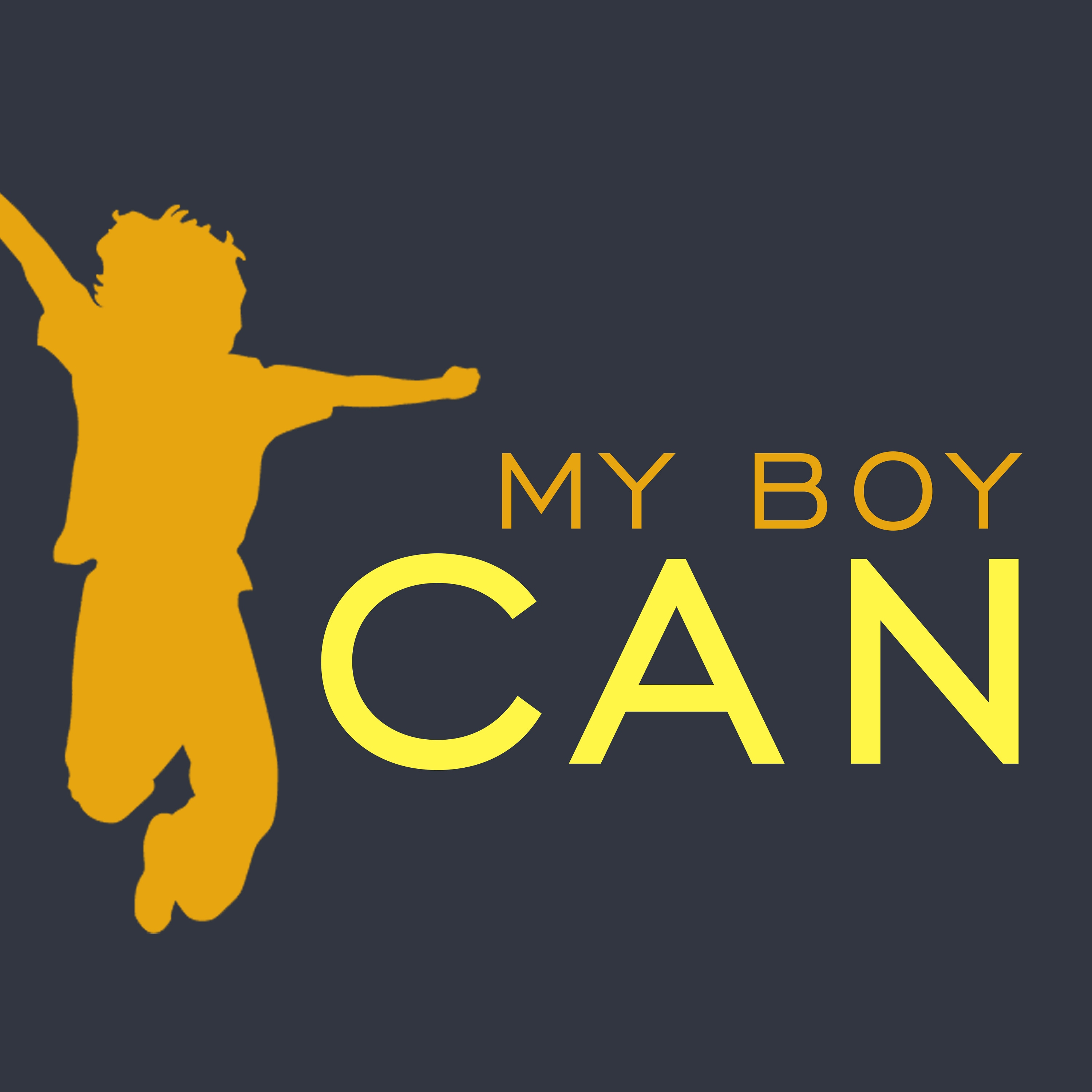Dads, what are you so afraid of?
- My Boy Can

- Sep 16, 2019
- 2 min read
Let's talk about the men and fathers of boys who challenge their gender stereotype - do they support their child or do they try to make them conform to the stereotype?
On our Facebook page, only 20% of our followers are male. Most of our posts are engaged by women, most people taking part in our #Myboycandance campaign are mothers and Most of your posts, comments and messages are from females.
Does this mean that men find it hard to join the discussions of our sons who dance, who play with dolls and who dress up as Elsa?
Or is it as simple as men don't use Facebook the same way women do?

I recently discussed with a follower the generational gap that we often find--whereby we find it can be people of an older generation who express negativity when they see a child doing something, that isn't stereotypical "boy" or "girl". I argued at the time, that 50 years ago - men were seen as the bred winners and the women raised the children. As times are changing and we see more and more men take an active role into parenting and home life- so too are the children's play as boys start to cook more, look after dolls more and show a more empathetic side with others. Personally I think this is so important. It shows our social change in the roles of men and women.
However there is still such a taboo when we see our boys mimicking the social world around them. Daddy can be an engaged active parent but a boy can't play with Dolls. Is he not showing what it is to a father?
For many boys, the male role model within their home, is the person they seek approval from. If a father says "my boy won't dance", automatically a child feels worried or shamed if they would like to dance. Statistically, according to Doug Risner, a professor of dance at Wayne State University in Detroit, only 32% of male dancers say their fathers support them dancing!
Why do fathers struggle so much to support their sons to do something they love to do? Is it the stigma that they endure for allowing their son to do something different to the norm?
Is it because socially dance is still catered to and seen as a girls activity?
I believe that My Boy Can can only truly be most effective when fathers as well as mothers stand by the side of their children and say "My Boy Can". We need men to join the discussions more, to inform us what it is that worries them and help us find ways to bridge the relationships between fathers and sons, who unlike this picture, can't enjoy a dance lesson together.
Men it is time to stop saying My Boy won't or can't do something because he is a boy and start saying MY Boy Can.





Couldnt have said it better!! :)